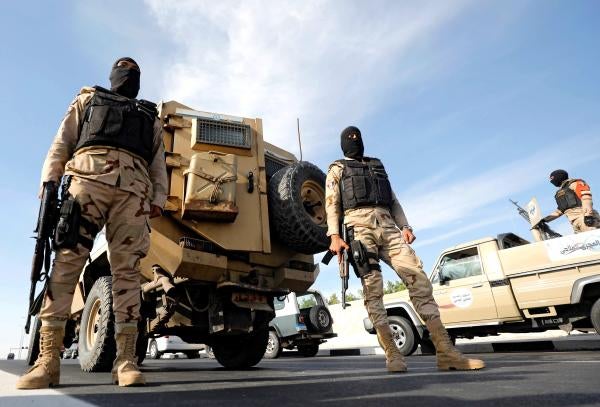Lire la version en français
I imagine many people reading this don’t think about ocean-going ships in an average day. But when we stop to consider it, we all surely recognize their importance in our lives. Freighters, tankers, fishing trawlers, ferries – it’s impossible to imagine our world without them.
And ships, like everything else, have a lifespan. However, when they die, they don’t just sail off into the sunset, of course. They go to scrapyards, oftentimes simply beaches in Bangladesh, which have become dangerous and toxic as a result.
Bangladesh is a top destination for scrapping ships. Just since 2020 alone, some 20,000 Bangladeshi shipbreakers have ripped apart more than 520 ships, far more tonnage than in any other country.
The International Labour Organization has described shipbreaking as one of the world’s most dangerous jobs. In Bangladesh, where the life expectancy for shipbreakers is 20 years lower than the national average, it might be better called simply a hellscape.
In a new report, Bangladeshi shipbreakers describe using their socks as gloves to avoid burning their hands as they cut through molten steel, wrapping their shirts around their mouths to avoid inhaling toxic fumes, and carrying chunks of steel barefoot. Companies do not provide workers with proper protective equipment, training, or tools to safely do their jobs.
Workers detail injuries from falling chunks of steel and being trapped inside a ship when it caught fire or pipes exploded. There’s a lack of accessible emergency medical care at these scrapyards.
Shipbreakers are often denied breaks or sick leave, even when they are injured on the job, violating Bangladesh labor laws. In most cases, workers are paid a fraction of what they are legally entitled to under Bangladesh’s minimum wage regulations.
Thirteen percent of the workforce are children – a number that jumps to 20 percent during illegal night shifts.
When workers simply ask for protective equipment, company officials tell them: “If you have a problem, then leave.”
This dismissive attitude permeates the whole industry in and around the Bangladeshi scrapyards, it seems.
The environment is respected no more than the workers. The worksite itself – basically, the beach – is full of hazards, and toxic waste is dumped directly into sand and sea. Pollution is appalling; the coastal ecosystem is devastated.
There are international regulations prohibiting the export of ships to facilities that do not have adequate labor and environmental protections, like the ones in Bangladesh. But there’s an entire, well-established network that lets shipowners get around regulations.
They take advantage of tricks and loopholes, like shell companies and “flags of convenience” that allow, say, EU-based companies to pretend their ship is from somewhere else. That way, it doesn’t have to be sent to an EU-approved scrapyard.
In 2022, more than 30 percent of the world’s end-of-life fleet was owned by European companies, but less than five percent had an EU flag when they were sold for scrap.
The whole thing is a poisonous scam. It’s time to enforce existing regulations seriously and close the loopholes with better regulations.
It’s unconscionable that international companies are dodging their responsibilities and making people and the environment in Bangladesh pay the price.









